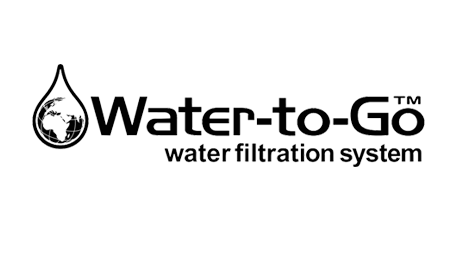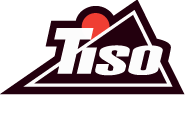
A big thanks to Garmin UK for sending us GPS units for clients to trial this year on our courses. Where it is undeniable that GPS have their place as a navigational tool, are we perhaps getting a bit too reliant on the technology?
Pros
1. Fast and effective way of fixing your position
Let’s face it, we’re all fallible and even the most experienced get “geographically embarrassed” at times. Forget about expensive scrolling map versions of the GPS a good starter from Garmin is the eTrex 10 or 20x and pretty much all you’ll ever need.
2. Essential when visiting areas where mapping is poor
In places such as central Africa, desert, flat ice or featureless expanses you’ll need a GPS, to get grid and/or long/lat to relate back to the map, otherwise you’ll need to work on timings/paces over long distances which are never very accurate.
3. Psychologically helpful as a backup for leaders/beginners operating in poor weather conditions.
In whiteout conditions or low cloud, it’s always a calming effect on the leader of a group that they have a back up to map and compass. For the price and weight of an eTrex there’s no excuse not to carry a GPS if you are a leader, instructor or guide.
4. Functionality on modern units such as Garmin tends to be “intuitive”.
Gone are the days where GPS units where difficult to use, now with just a few clicks you can fix your location quickly and efficiently, a bonus if you’re wearing thick gloves.
5. Superb for tracking physical fitness levels and progress
Modern wrist GPS’s are great if you’re trying to get the most physically. You can track, contrast and compare your progress when in the outdoors.
Cons
1. If you can’t use a map and compass you can’t use a GPS…….Safely.
We see a lot of folk using a scrolling map GPS more and more, this however tends to lead to over reliance on a GPS. 9 out of 10 folk won’t be able to fix a 6 figure Grid reference on them either, which means if they have a GPS malfunction or it runs out of battery’s they cannot relate a Grid reference back to the map.
A GPS needs to be set to the mapping system of the country you are in as well. If you are in the UK you may well have your GPS set to Long/Lat but carry a OS map that is British Grid. Learn to take a 6 figure grid reference and use a map and compass as a primary navigation aid. Use a GPS as a back up unit.
2. Limited by battery life
One of the Cardinal sins in outdoors folk these day is using their phone as GPS. This annihilates your battery and will mean you can’t use your phone to make emergency calls or SARLOC if SAR are looking for you….DON’T DO IT.
Modern hand held units are rechargeable, however ALWAYS keep spare batteries with you. It’s also worth bearing in mind that if you’re navigating in cold weather, your batteries will last 2/3rds the time, meaning if you have a GPS unit running all day, you may have to change batteries during the trip.
3. Electronic equipment is prone to failure
As well as modern units are made these days, it’s really not worth putting your life in the hands of some circuitry…….Map and Compass.
4. Using “waypoints” will take you in a straight line
If planning your trip purely by marked waypoints, always remember it will take you in a straight line. Be it a cliff, river, scree slope or avalanche prone slope…..that’s where your GPS will take you!
5. It takes the fun out of Navigation
Navigating well in a wilderness environment is all about freedom, there’s not much freedom following an arrow on your screen. Navigating in poor vision and getting it right is a buzz! We’ve got loads of navigation courses in our mountain/exped courses and we also hammer navigation into clients on our Survival courses, it’s one of the most important outdoor skills you could possess.













 Message an Instructor now
Message an Instructor now